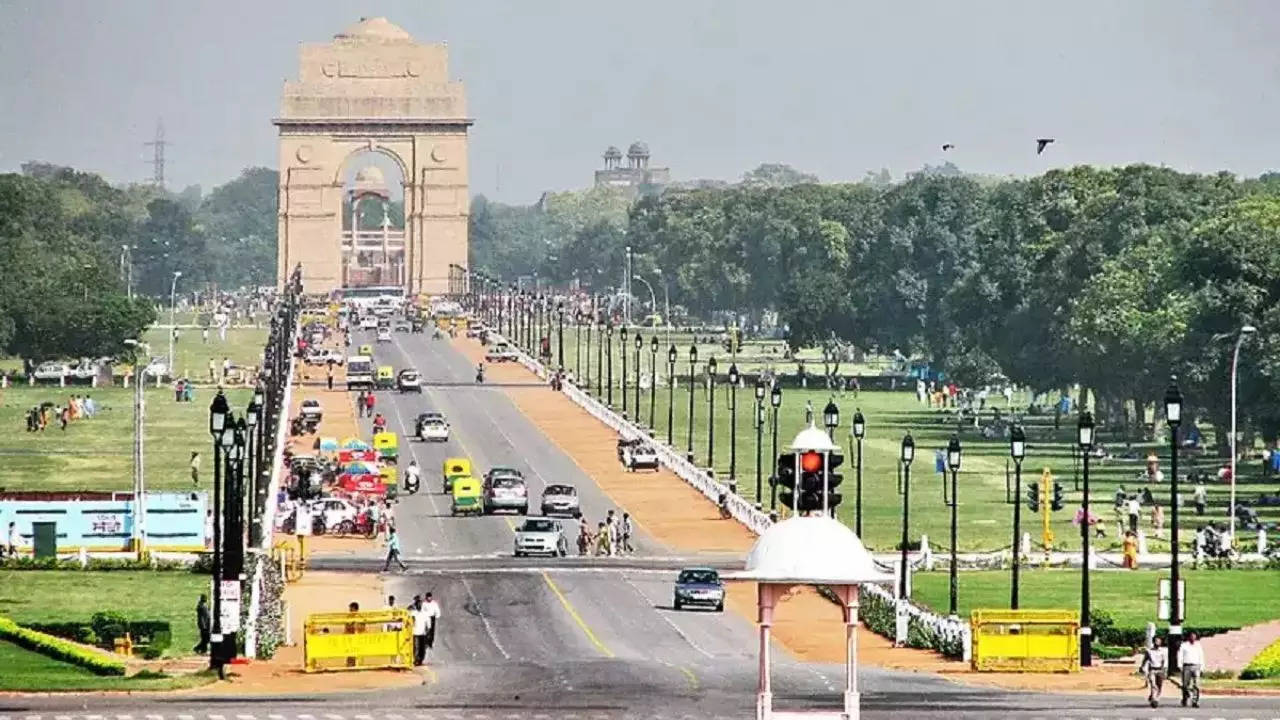Delhi Pollution: Overnight rain worked its magic, and Delhi, the world’s most polluted city over the last few days, woke up to a smog-less morning. Ahead of Diwali, the rains came as much needed relief. But the relief is only temporary, say experts. “Rain activity will end by today and from tomorrow north-westerly winds will start and it will continue for the next two to four days,” an expert said.
Updated Nov 10, 2023 | 05:03 PM IST
Overnight rains in Delhi have helped bring down AQI
New Delhi: Overnight rain worked its magic, and Delhi, the world’s most polluted city over the last few days, woke up to a smog-less morning. Ahead of Diwali, the rains came as much needed relief. But the relief is only temporary, say experts. “Rain activity will end by today and from tomorrow north-westerly winds will start and it will continue for the next two to four days,” said Mahesh Palawat of Skymet’s meteorology and climate change department.
According to Palawat, the rains and the winds will help the Air Quality Index (AQI) in Delhi improve. “There is relief but not much,” he said, predicting that the air quality in the national capital is expected to be remain around the “moderate” to “poor” mark.
The rains come just as Delhi was preparing to shed artificial rain in a desperate bid to bring down pollution levels. While it is unclear if the artificial rain will still shower, Delhi is moving to the odd-even system of private vehicle movement from Monday, a day after Diwali. New Delhi and its surrounding area has seen pollution peak over the last week with air quality levels up nearly 100 times over WHO’s limits.
At 7 am Friday morning, Delhi’s air quality was at 407, according to Safar.
Meanwhile, farm fires — stubble burning, has once again emerged as the chief cause of air pollution in Delhi-NCR and surrounding states. According to a government estimate, farm fires contributed to 38% of the air pollution in the region on November 8. Punjab and Haryana are the major contributors to farm fires.
On November 10, even as Delhi caught some relief, air quality in Punjab’s Bhatinda went down. ANI reports that the city is covered in stubble smoke raising health concerns. The Centre has already directed states to keep hospitals prepared for a rise in patients. Citizens have been asked to be aware of pollutants, avoid smoking, travelling on congested roads and doing cardiovascular exercise outside, especially in the mornings.

